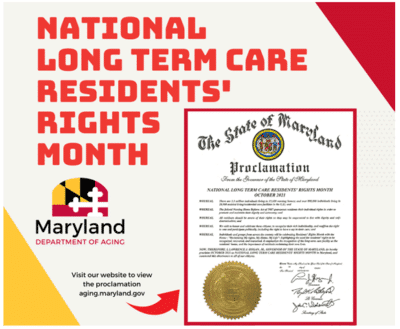
Residents of assisted living facilities have many rights. These rights include the right to choose the kind of care they want, the right to eat three balanced meals a day, and the right to have a service plan that is appropriate for their needs. It is possible to make the right decision about your loved one's care by knowing what they are and how you can protect it.
Residents in assisted living have greater rights than those who live in nursing homes.
Residents in assisted living have rights that are not available to residents of nursing homes. One, they have the freedom to make their own care and treatment decisions. This includes the freedom to choose the food and time they eat. Also, they have the right to participate in care planning meetings and to make their own financial decisions.
As a social worker, it is my duty to protect residents' rights, regardless of their sex, race, religion, or nationality. People with dementia can face many challenges. They may also experience privacy issues and the loss of former social relationships. Some residents also face discrimination on the basis of their gender, age, sex or disability.

They have the right to make decisions about their care
Residents of assisted living facilities have many rights. One of these is their right to choose the care they want. This right is important in many ways. This right is not only important for assisted living facilities. These rights should not be limited to assisted living facilities. Residents should also have the right to freely express themselves. This includes the right of residents to write letters, use personal phones and receive mail. Caregivers should be respectful of the wishes and privacy of their residents. Residents must be made aware of any changes to their care plan.
A resident has the right of review and access to medical records. They can also be notified in advance about transfer and discharge dates. They should receive copies of these records within one working day of their request. They should also be allowed to take part in resident groups.
They have the right to have three nutritionally balanced meals each day
A meal plan should meet the nutritional needs of residents. This is not an easy task as different residents might have different food preferences. Also, it is important to take into account cultural differences, religious requirements and physical conditions. Menus should therefore include a wide range of foods.
The attending physician must approve therapeutic diets, but the physician can delegate this responsibility for licensed dietitians. State laws and regulations must be followed by the licensed dietitian. Each resident has the right to three nutritious meals per day, and the facility must meet the resident's preferences and requirements.

They can have a service plan that suits their needs.
A service plan lists the services a resident is eligible to receive. A service plan should reflect the individual needs and preferences. Residents should be free to choose what services they would like and which ones they will not. Before signing up for a service plan, they should have the ability to talk with their providers.
Many assisted living facilities have adopted NRAs and some states are considering making them a mandatory regulatory requirement. NRAs promote open, documented conversations that allow providers to better understand residents' needs and help them avoid restricting their choices.